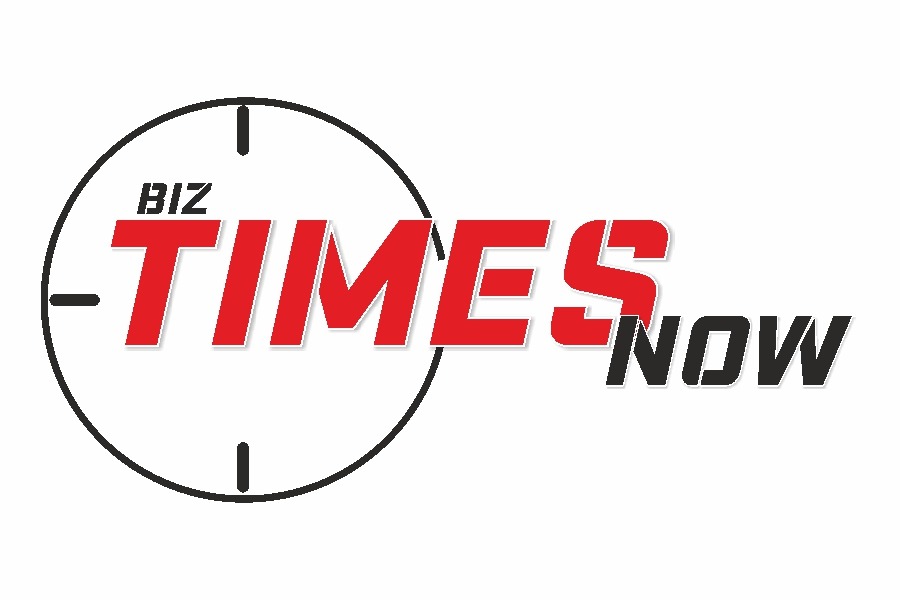The Coronavirus pandemic has sped up the reception of web-based advances all over the planet. Virtual training has become the standard, with schools and colleges closing down face-to-face classes. Students can continue their education at home thanks to online learning platforms. These platforms offer various courses and programs to fit different needs. This article looks at the top 5 online learning platforms enabling virtual education.
Coursera
Coursera is one of the biggest online learning platforms, with over 5,000 courses and 82 million registered users. It was established by Stanford teachers in 2012 to give widespread admittance to elite schooling. Coursera accomplices 200+, driving colleges and organizations to offer courses across business, innovation, sociologies, and humanities, and the sky is the limit from there. Students can sign up for individual classes to acquire new abilities or complete Specializations and degrees. Coursera’s strengths include:
- Breadth and depth of course catalog from top institutions like Yale, University of Michigan, Google, etc. This gives learners diverse options.
- Flexible learning – Courses have weekly releases with deadlines, but learners can complete assignments independently.
- Peer support through discussion forums and peer-graded assignments. This builds a sense of community.
- Recognized certificates upon course completion to highlight skills. Certifications help career advancement.
- Mobile app allows learning on the go. This increases accessibility.
Generally speaking, Coursera gives superior grades and adaptable internet-based training, with the expansiveness of its inventory being its most critical benefit.
edX
edX is one more driving worldwide web-based learning stage established by Harvard and MIT in 2012. It offers over 2,900 courses to more than 37 million students. edX collaborates with 140+ eminent organizations to provide free web-based systems across innovation, business, humanities, and sociologies, and that’s only the tip of the iceberg. Key features include:
- Free access to all course materials and content. Only verified certificates require fees. This increases affordability.
- Innovative pedagogy using gamification, virtual labs, and simulations. This boosts student engagement.
- MicroMasters Programs that provide deep learning in a specific career field to enable career transitions. Expanding to complete Master’s degree options.
- Honors Code reinforces honest and ethical behavior when taking exams. This maintains academic integrity.
- Mobile app and offline learning features facilitate learning on the go. This boosts accessibility.
edX is known for its high-quality courses and the nonprofit mission of increasing global access to education. Its accessible, innovative, and flexible offerings make it a top choice.
Udacity
Udacity is a web-based learning stage zeroed in on professions and innovation schooling. It was established by Stanford teachers in 2011 and has north of 14 million understudies enlisted. Udacity collaborates with innovation organizations to foster nano degree programs that show sought-after tech abilities like AI, blockchain, advanced mechanics, etc. Key features include:
- Students gain job-ready expertise in cutting-edge technologies through a project-based curriculum with hands-on learning.
- Industry reviewing and association in course improvement guarantee programs show important, exceptional tech abilities organizations need.
- Flexible access that allows learning across web, mobile, and VR platforms. This increases accessibility.
- Virtual mentorship and expert project reviews provide guidance and feedback during the course.
- Career support through industry partnerships, hiring programs, and interview practice help with job placement.
Udacity is positioned as a skills-focused vocational education platform ideal for technology upskilling and reskilling. The real-world projects and career support provide vital advantages.
Khan Academy
Khan Academy is a charitable web-based learning stage offering free K-12 and school-level math, science, PC programming, history, language, and more courses. It was established by teacher Salman Khan in 2008 and has more than 130 million enlisted clients worldwide. Distinctive features include:
- Library of over 10,000 free video lessons and articles covering school curriculum. This makes it highly comprehensive.
- A personalized learning dashboard tracks progress and recommends lessons based on strengths/weaknesses. This enables self-paced learning.
- Practice exercises and quizzes reinforce concepts, allowing students to master skills at their own pace. This boosts retention.
- No ads, subscription fees, or sign-up requirements. Completely free for all students and teachers. This makes it highly accessible.
- Useful for homeschooling, test prep, class supplements, and independent learning. Provides an engaging education alternative.
Khan Academy is a top choice for K-12 and college students needing affordable online test prep and tutoring services. The customized learning resources make it very student-focused.
Skillshare
Skillshare is a web-based local area with over 8 million understudies learning business, innovation, planning, and imaginative abilities. It was begun in 2010 as a stage for creative individuals to share their insights. Key features include:
- Thousands of classes are taught by industry experts across graphic design, illustration, writing, marketing, entrepreneurship, and lifestyle topics. This makes for a diverse catalog.
- Short video-based courses can be completed in under an hour. This facilitates bite-sized learning.
- Offline viewing enables learning on the go. This makes it very mobile-friendly.
- Member-driven groups allow students to give feedback, share work, and collaborate on projects. This helps build an online community.
- The affordable subscription model provides access to all courses for ~$15/month. This delivers high value.
Skillshare is the ideal stage for free students hoping to acquire imaginative and business abilities in an adaptable, reasonable, and connecting way.
Conclusion
Internet learning has empowered understudies to proceed with schooling for all intents and purposes when customary study halls are out of reach. This article’s top stages give different course choices, adaptable learning modes, and customized encounters to address individual issues. Coursera and edX lead with their broad, great course lists, while Udacity and Skillshare represent considerable authority in innovation and imaginative abilities. Khan Academy provides college and K-12 students with free additional learning resources. Every stage takes exceptional care of various crowds and learning goals. The accessibility of these Internet learning assets will keep on forming virtual instruction’s future.
FAQ
Q1: How can I determine which online learning platform is best for me?
Think about your objectives, learning style, timetable, and spending plan. Coursera and edX are better for scholarly courses, while Udacity and Skillshare are abilities-centered. Assess the course index, adaptability, support, qualifications offered, and expenses to pick one that meets your requirements.
Q2: Can I get college credits or degrees with online learning platforms?
Some platforms like Coursera and edX offer courses that provide college credits or credentials that count towards completing degree programs with partner colleges. Udacity’s Nanodegrees focus more on tangible career skills vs academic credit. Always check with your college on their transfer credit policies.
Q3: How successful is learning on the web contrasted with in-class guidance?
If the courses are planned well, concentrating on showing web-based learning can be as successful as homeroom guidance. Highlights like talks, appraisals, peer connection, genuine ventures, and educator support empower powerful virtual learning. Developing time management and self-motivation is vital to succeed.











Welcome To Biz Times Now
Welcome to Biz Times Now, the leading business magazine dedicated to providing invaluable insights and strategic guidance to top-level executives and managing personnel.